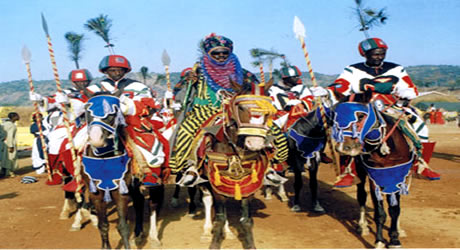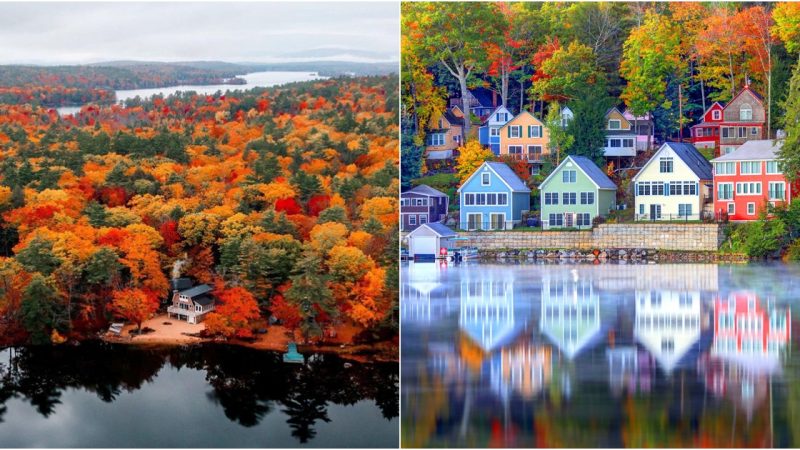The Hausa-Fulani People: A Cultural Mosaic of Northern Nigeria
The Hausa-Fulani people are a prominent ethnic group found primarily in Northern Nigeria, with significant populations also present in neighboring West African countries. This article explores the rich cultural heritage, history, and societal aspects of the Hausa-Fulani people, shedding light on their contributions to Nigeria’s diversity and the broader West African region.
The Hausa and Fulani ethnic groups are distinct but closely intertwined in Northern Nigeria’s cultural landscape.
The Hausa people are one of Africa’s largest ethnic groups, known for their trade and Islamic traditions. They have a long history dating back to the 7th century when Islam was introduced to the region through trade with North African merchants. Today, the Hausa language is one of the most widely spoken languages in West Africa.
The Fulani, also known as the Fula or Fulbe, are a semi-nomadic people originally from the Fouta Djallon region (modern-day Guinea). They began migrating eastward in the 13th century, settling in various regions across West Africa. The Fulani are known for their cattle herding, and many embraced Islam, which became a unifying factor among various Fulani communities.
The Hausa-Fulani people have a rich and diverse culture shaped by their Islamic heritage, pre-Islamic traditions, and the coexistence of the two ethnic groups. Their culture is characterized by:
The two primary languages spoken by the Hausa-Fulani are Hausa and Fula. While the Hausa language is used by both groups, the Fulani often speak Fula in addition to Hausa or other local languages.
Religion: Islam plays a central role in the lives of the Hausa-Fulani people. Mosques, religious schools (madrasas), and Islamic festivals are integral aspects of their culture.
The Hausa-Fulani people are skilled artisans, known for their traditional weaving, pottery, leatherwork, and metal craftsmanship. Intricate embroidery and vibrant textile patterns are also notable in their clothing.
The Hausa-Fulani society has a well-defined hierarchical structure that includes traditional leaders, religious figures, and a complex system of local governance.
Northern Nigeria is divided into emirates, each led by an Emir. These traditional leaders hold significant influence in their respective regions.
The Fulani played a crucial role in the spread of Islam across West Africa. Many Islamic scholars and clerics hail from the Hausa-Fulani ethnic groups.
Historically, the Hausa-Fulani have been engaged in various economic activities, including trade, agriculture, and cattle herding. Kano, one of the major Hausa-Fulani cities, was a renowned center for trans-Saharan trade routes.
The Hausa-Fulani people have played an influential role in the politics of Nigeria. Notably, the Sokoto Caliphate, established by Usman dan Fodio in the early 19th century, was a major political entity that contributed to the region’s history.
Today, the Hausa-Fulani continue to be influential in Nigerian politics, with prominent figures holding key political positions at the state and national levels.
The Hausa-Fulani people are an integral part of the rich tapestry of Nigeria’s cultural diversity. Their history, culture, and societal structure reflect a blend of Islamic traditions, indigenous customs, and a strong sense of identity. Understanding the Hausa-Fulani people is essential for grasping the complexity and diversity of Nigeria, as well as the broader West African region.
Hits: 11










